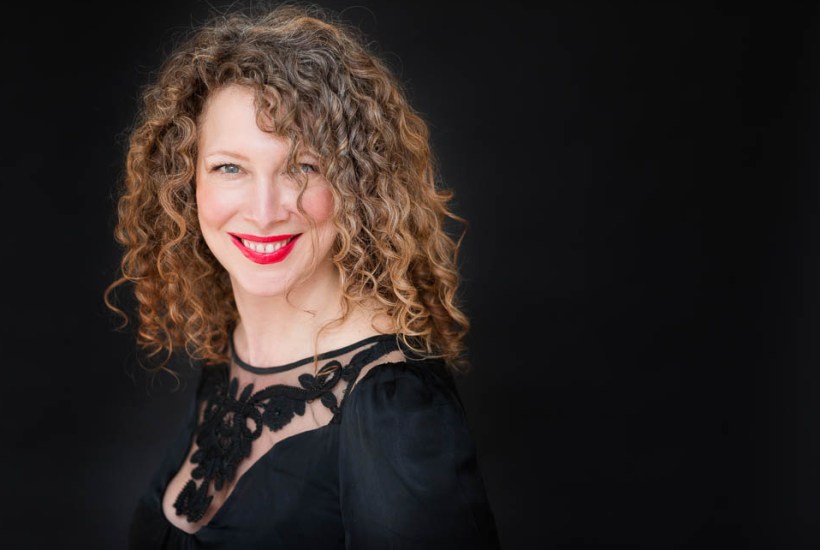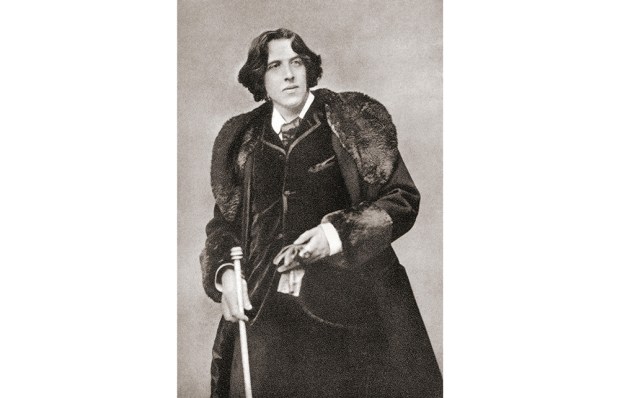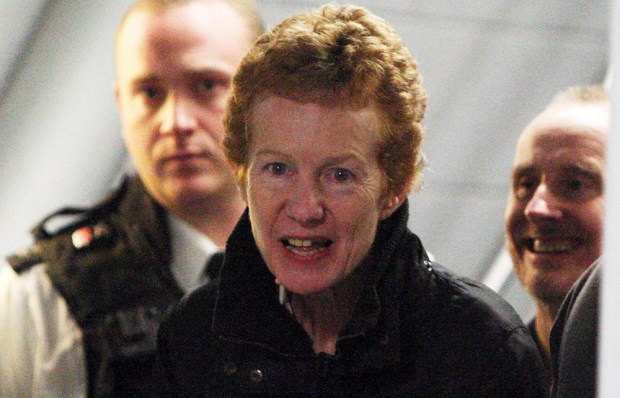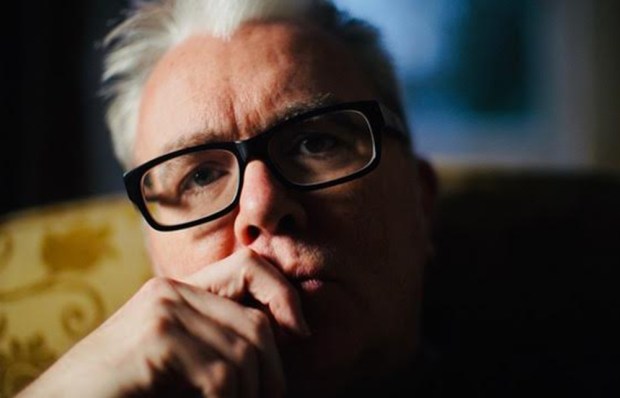In 1973, in White Plains, New York, Donna Freed was told, in a ‘shroud of shame’ and without any soothing explanations, that she was adopted. The six-year-old’s life was plunged into a dark hinterland of anxiety. Freed spent the next 38 years fearful that the discovery of her birth mother would reveal ‘a terrible or seedy story, tragic circumstances, terror, violence, incest or rape’.
In fact the truth awaiting her was a sensation straight out of a Hollywood film noir: a scandalous tale of dirty glamour, passion and pseudocide. Her parents were in fact embroiled in one of the juiciest death fraud cases of 1960s America.
Duplicity is a Janus memoir, part adoption story, part true crime history. As the subtitle suggests, Freed has had to unearth what both her mothers, adoptive and biological, concealed. The former, Ruth, was so wracked by her inability to conceive that the subject was mentioned only twice by the time Freed was 21: ‘Her shame, tangible and malodorous, billowed up and mushroomed above us.’ Little Donna learnt not to challenge anything, even if her afterschool snack was accidentally garnished with ‘Mum’s hair, mould or spider eggs’. Ruth was so deep in denial and depression (Freed surmises) that when little tooth marks were found on bars of soap, rather than addressing their evident mice infestation or her own ‘lackadaisical’ housekeeping, she blamed Donna.
It was only when Ruth died that Donna felt free to find out who her birth mother was. The skeletal records she first received said that she was ‘27 years’ and ‘Swiss’. When Donna was surprised, her husband joked: ‘Is Swiss a bit too dull for you?’ It turned out that her genesis was anything but dull. In July 1966, Donna’s birth mother Mira Lindenmaier was reported missing after going on a swimming trip to Long Island Sound with her lover Alvin Brodie and their friend Thomas Martin. Five months later, as her poor parents grieved, Mira would be found very much alive, ‘six months pregnant’ and working for ‘87 cents an hour and tips in a restaurant in White Plains, NY’, serving coffee to the cops who would later arrest her.
The newspapers went wild, ‘steaming with sex and scandal and scorn’, lapping up all the details of the ‘drowned-and-presumed-dead blonde bombshell and her handsome rogue of a lover’. Brodie, a married man with four children, was a 40-year-old construction worker who had cooked up the scheme to stage the accidental death of his mistress so that the couple could claim the $36,000 insurance policy and make a fresh start in Spain. As Mira had ‘no priors’, she was let off, but was clearly an accomplice. She had two life insurance policies, and had changed the beneficiary on both from her father to Brodie ‘a mere 39 days before her drowning’. Both had double indemnity clauses.
Their story sounds reminiscent of the 1944 noir thriller about insurance fraud, Double Indemnity, and it is indeed likely that Brodie was inspired by such tales. Freed’s shyster father died before she could meet him, but some creative writing attempts among his papers betray his narcissism and hubris. When Freed was lovingly reunited with Mira in 2012, her mother admitted that she continued to see Brodie after his release from jail, and even though she went on to marry and have a family he was the love of her life. As Freed says: ‘It’s not every man you fake your own death for, after all.’
She is at her best when she relates the facts of the case: the headlines, the detectives, the ins and outs of Alvin’s trial, his ‘chutzpah’ and the ‘relentless feral energy’ of the coram nobis penned from his cell. Where the childhood episodes sometimes read like an unpolished diary, Freed’s prose when relating the crime story is lithe and muscular.
Duplicity taps into our current fascination with dramatic tales of deceit, for example those of Elizabeth Holmes and Anna Delvey, ‘the Tinder Swindler’, and podcasts such as Pseudocide. It’s also a story with heart, and Freed’s touching desire to protect her adoptive mother reinforces the notion that your true parents are the ones who raise you, wash you, feed you and, no matter how inept or dysfunctional they may be, ‘live in your bones’, for better or worse.
We all need to know our creation story and I’m glad Freed found hers – and what a story it is. I look forward to seeing it on Netflix.
The post A family scandal straight out of a Hollywood film noir appeared first on The Spectator.
Got something to add? Join the discussion and comment below.
Get 10 issues for just $10
Subscribe to The Spectator Australia today for the next 10 magazine issues, plus full online access, for just $10.
You might disagree with half of it, but you’ll enjoy reading all of it. Try your first month for free, then just $2 a week for the remainder of your first year.














Comments
Don't miss out
Join the conversation with other Spectator Australia readers. Subscribe to leave a comment.
SUBSCRIBEAlready a subscriber? Log in